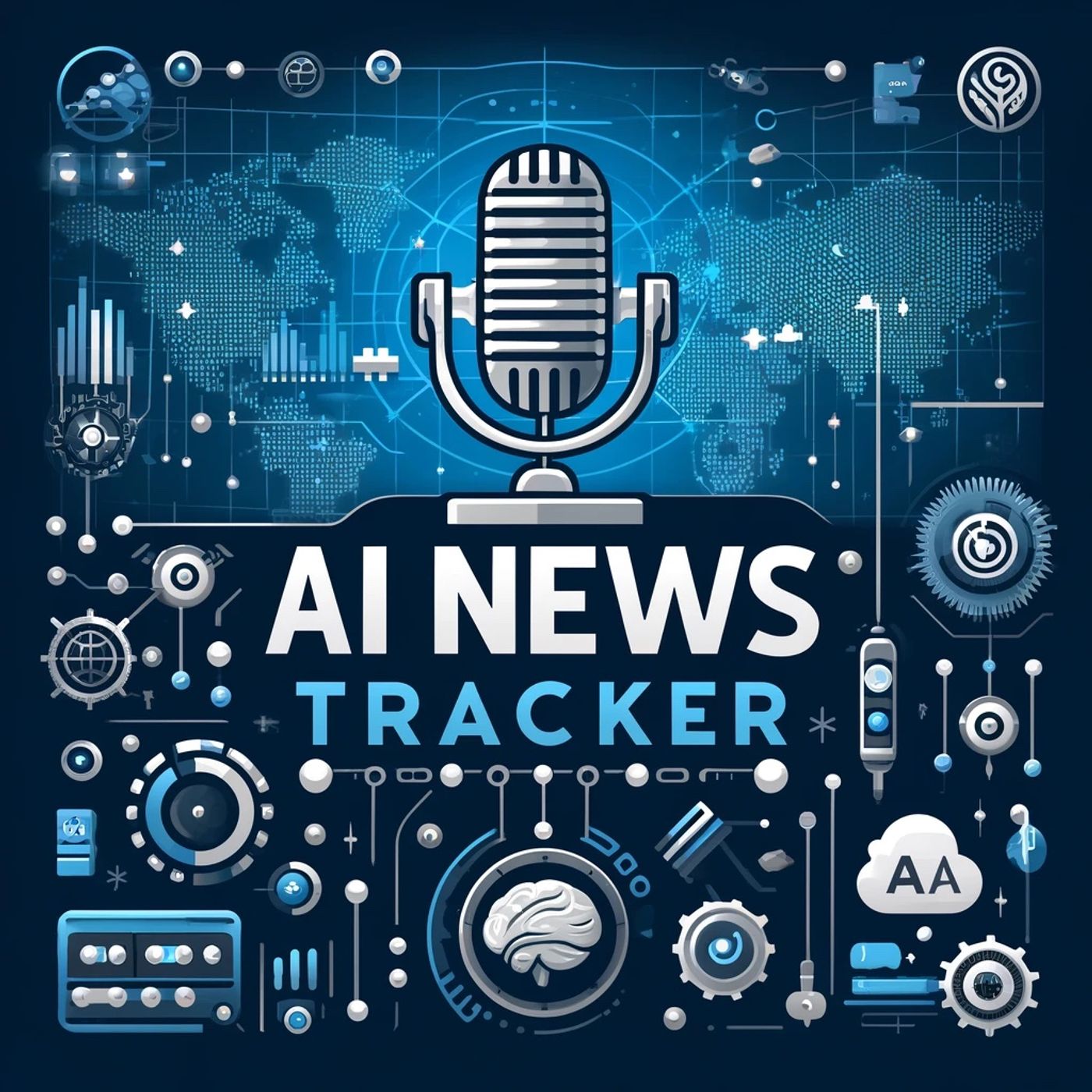Apr 04 2025 3 mins
The AI industry is experiencing significant advancements and disruptions in recent days, marked by rapid innovation, strategic partnerships, and emerging challenges.
The global AI market continues to expand strongly, with its size projected to grow from $214.6 billion in 2024 to $1.34 trillion by 2030, at an impressive compound annual growth rate (CAGR) of 35.7%. Emerging regions such as Asia-Pacific are seeing heavy investments in AI, supported by robust government initiatives and increasing AI adoption across diverse industries like healthcare and manufacturing. The increasing integration of AI with technologies such as edge computing and generative AI is driving transformative changes across sectors[2][8].
This week, strategic collaborations and product launches have been focal points. Plex Research announced a partnership with Ginkgo Bioworks to leverage AI-driven drug discovery, aiming to identify novel therapeutic pathways using large-scale biological datasets. Similarly, S&P Global Market Intelligence introduced new AI-powered data management services to streamline insights aggregation for businesses, utilizing Snowflake’s AI Data Cloud for scalability[4][10].
The competitive landscape is becoming increasingly dynamic. DeepMind's decision to withhold certain AI research showcases growing tension between open collaboration and proprietary strategies, emphasizing the industry's shift towards commercialization of innovation. Meanwhile, market leaders are facing intensified competition as smaller firms bring novel, niche-focused solutions[1][3].
Consumer behavior is evolving, with AI-driven tools becoming central to many industries. For example, Runway's Gen-4 video generator has disrupted filmmaking, democratizing high-end video production and enabling unprecedented creativity. In finance, tools like CreditAI Vault simplify credit data workflows, improving decision-making efficiency[1][4].
Significant regulatory developments continue to shape the sector. Recent AI initiatives in regions like Shenzhen, China, are driving AI development through supportive policies, while regulatory oversight may increase as ethical and intellectual property concerns grow[2][8].
Despite rapid growth, the AI sector also faces challenges. Trade tensions and escalating tariffs are prompting companies to explore AI solutions for supply chain resilience, such as AGENTS.inc's newly launched AI Agent for supplier identification. Additionally, AI fraud prevention tools like YoozProtect are addressing increasing cybersecurity threats[7][4].
These shifts underscore a period of intense innovation and strategic maneuvering in the AI landscape, as companies and governments navigate opportunities and challenges in this rapidly growing field. Compared to earlier years, the pace of AI adoption, investment, and commercialization has notably accelerated, signaling a transformative impact across global industries.
The global AI market continues to expand strongly, with its size projected to grow from $214.6 billion in 2024 to $1.34 trillion by 2030, at an impressive compound annual growth rate (CAGR) of 35.7%. Emerging regions such as Asia-Pacific are seeing heavy investments in AI, supported by robust government initiatives and increasing AI adoption across diverse industries like healthcare and manufacturing. The increasing integration of AI with technologies such as edge computing and generative AI is driving transformative changes across sectors[2][8].
This week, strategic collaborations and product launches have been focal points. Plex Research announced a partnership with Ginkgo Bioworks to leverage AI-driven drug discovery, aiming to identify novel therapeutic pathways using large-scale biological datasets. Similarly, S&P Global Market Intelligence introduced new AI-powered data management services to streamline insights aggregation for businesses, utilizing Snowflake’s AI Data Cloud for scalability[4][10].
The competitive landscape is becoming increasingly dynamic. DeepMind's decision to withhold certain AI research showcases growing tension between open collaboration and proprietary strategies, emphasizing the industry's shift towards commercialization of innovation. Meanwhile, market leaders are facing intensified competition as smaller firms bring novel, niche-focused solutions[1][3].
Consumer behavior is evolving, with AI-driven tools becoming central to many industries. For example, Runway's Gen-4 video generator has disrupted filmmaking, democratizing high-end video production and enabling unprecedented creativity. In finance, tools like CreditAI Vault simplify credit data workflows, improving decision-making efficiency[1][4].
Significant regulatory developments continue to shape the sector. Recent AI initiatives in regions like Shenzhen, China, are driving AI development through supportive policies, while regulatory oversight may increase as ethical and intellectual property concerns grow[2][8].
Despite rapid growth, the AI sector also faces challenges. Trade tensions and escalating tariffs are prompting companies to explore AI solutions for supply chain resilience, such as AGENTS.inc's newly launched AI Agent for supplier identification. Additionally, AI fraud prevention tools like YoozProtect are addressing increasing cybersecurity threats[7][4].
These shifts underscore a period of intense innovation and strategic maneuvering in the AI landscape, as companies and governments navigate opportunities and challenges in this rapidly growing field. Compared to earlier years, the pace of AI adoption, investment, and commercialization has notably accelerated, signaling a transformative impact across global industries.
